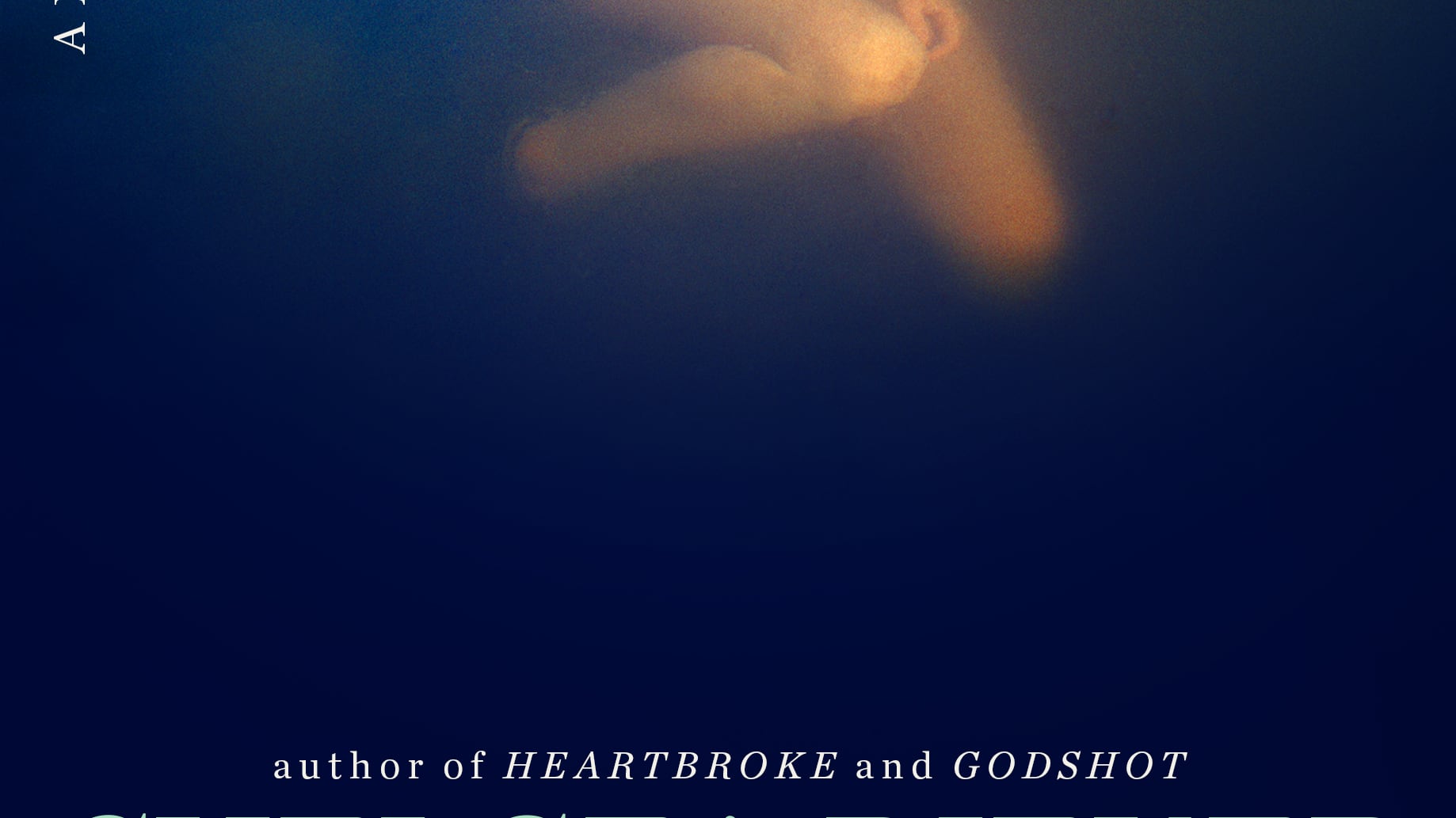Clove lives in Portland with her two young children and her supportive, kind husband. Their physical needs are met: great little house, healthy food, just enough to somehow pay for preschool. But underneath, Clove is constantly worried: Are the kids going to die the second she leaves them with a sitter? What if she careens the car off the road? And the ever-present question: What if someone figures out her real identity? When she receives a letter from her incarcerated mother—the mother who thought she was dead—Clove’s past threatens to come to the surface.
“I vowed to keep my secrets and keep myself hidden,” says Clove, the narrator of Chelsea Bieker’s new novel, Madwoman (Little, Brown and Company, 336 pages, $29). When Clove first met her future husband, she knew that if she concealed her real identity, he would never really know her. And at first, it felt worth it.
It would be so much easier to be the daughter of two parents that died in a car crash than the daughter of a man who beat her mother over and over, until one day her mother was pushed too far. Clove’s father winds up dead and, after, Clove pretends she’s dead, too. Clove takes on a new identity and will do all she can to not let anyone in her old life know she’s alive or in her new life—partners, friends, people who just don’t get it—know who she really is, or to look at her with pity.
A common adage in the literary world is to “write the book you’d want to read.” After the success of Chelsea Bieker’s debut novel, Godshot (finalist for both the Oregon and California Book Awards), and her short story collection Heartbroke (winner of the California Book Award and named an NPR Best Book of the Year), with Madwoman, the Portland author wanted to further explore a topic she hadn’t been ready to tackle fully until now: domestic violence, and how the energy of that violence can live on.
While Madwoman is funny and dark and thrilling, it also looks domestic violence dead in the eye from its first page to its last. “I’ve approached this topic before in my work, but I wanted to just hit the nail on the head this time,” Bieker says. “This book is for everyone, but it’s especially for those of us that know. And that’s really who I’m writing for at the end of the day.”
While Bieker’s story is not Clove’s story, a lot of the writer’s personal experience is infused in the fiction. Growing up with a father who beat her mother—a man who she was certain would someday kill her mother—Bieker looked for stories that made her feel seen. That might, in some way, offer hope.
But there were few. And still, there are few.
“This is a book that I wish I could have read as a teenager, or that maybe my mom could have read—and who knows if it would have changed anything,” Bieker says. “But I know for me at least, being exposed to narratives that showed women escaping domestic violence was really important for me at a young age. The only one I can really remember is Sleeping With the Enemy, with Julia Roberts. It really mattered to me to see that. And I think that it expanded my mind about what was possible for me.”
It wasn’t until her mother died and Bieker found some of her journals that she could really understand the violence her mother endured. She paraphrases some of the entries, how her mother described getting ready to go to school—an entry would say something like, “...but then he picks a fight with me on my way out the door, and I don’t end up going.” Or another entry, about how she planned a party for Chelsea then ends up with a black eye and has to cancel.
“He oppressed her on every level,” Bieker says. “I think it was always the story of like, well, she couldn’t really be a good mom because of her alcoholism and her alcoholism is her choice. So it was really important for me to rewrite that narrative: Actually, the violence is the reason she can’t be a good mother. The violence is the reason for the alcoholism. The violence and the oppression, and the fact that her home is a war zone is the reason she can’t be the person she wants to be.”
It wasn’t until Bieker was a mother herself that she could really understand how she held that violence herself. “It felt like this thing I’d inherited, that I carried alone,” shares Bieker. “Then when I started becoming a mother, so many memories came back to me. It was impossible for me to see my own childhood the same way. I moved out of a phase of survival and into a place of reckoning. I think that I had to get to that point in my own understanding before I could write a book like this.”
Clove’s story is hard to look away from. It’s complicated and distressing, amusing and sensitive. And for those who know, it hits the nail on the head. Bieker hopes the book will share a story that too many people will know in their lifetime. And above all, she hopes it will offer what her mother never had: hope.
SEE IT: Chelsea Bieker in conversation with Kimberly King Parsons at Powell’s City of Books, 1005 W Burnside St., 800-878-7323, powells.com. 7 pm Thursday, Sept. 19. Free.

